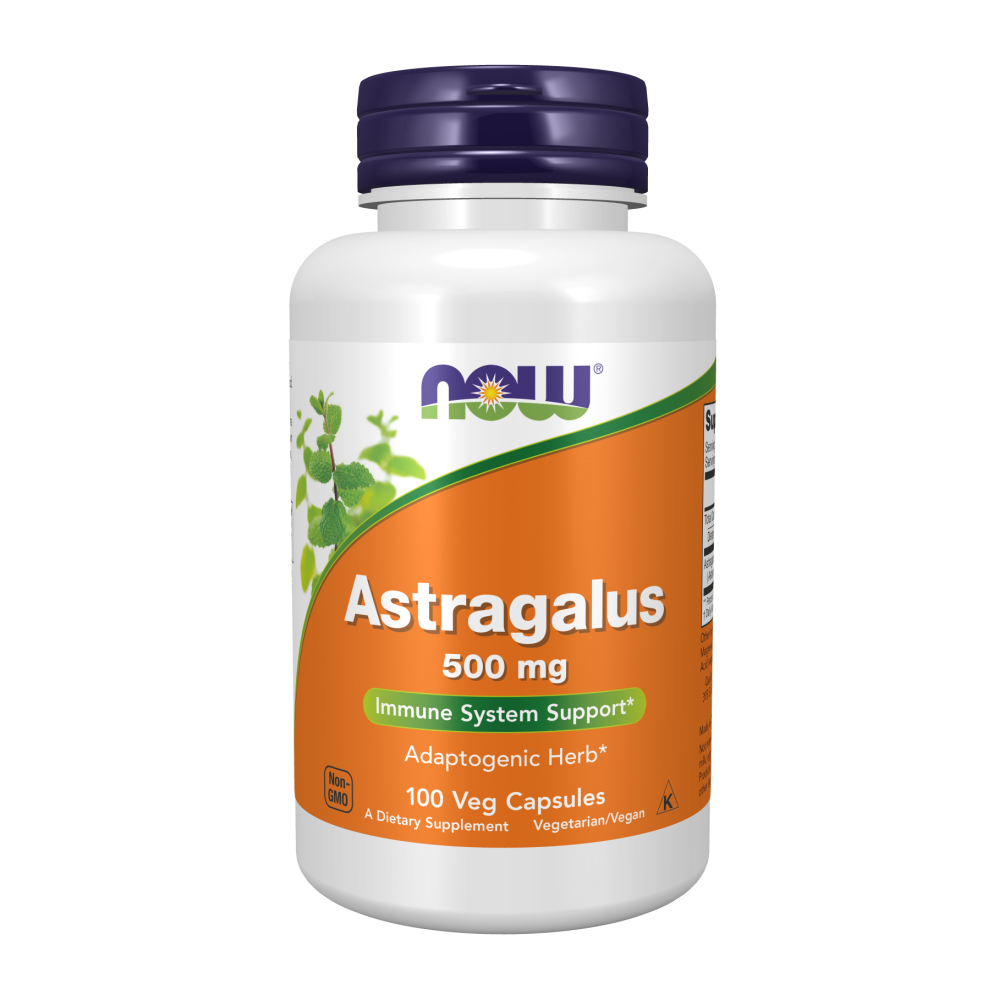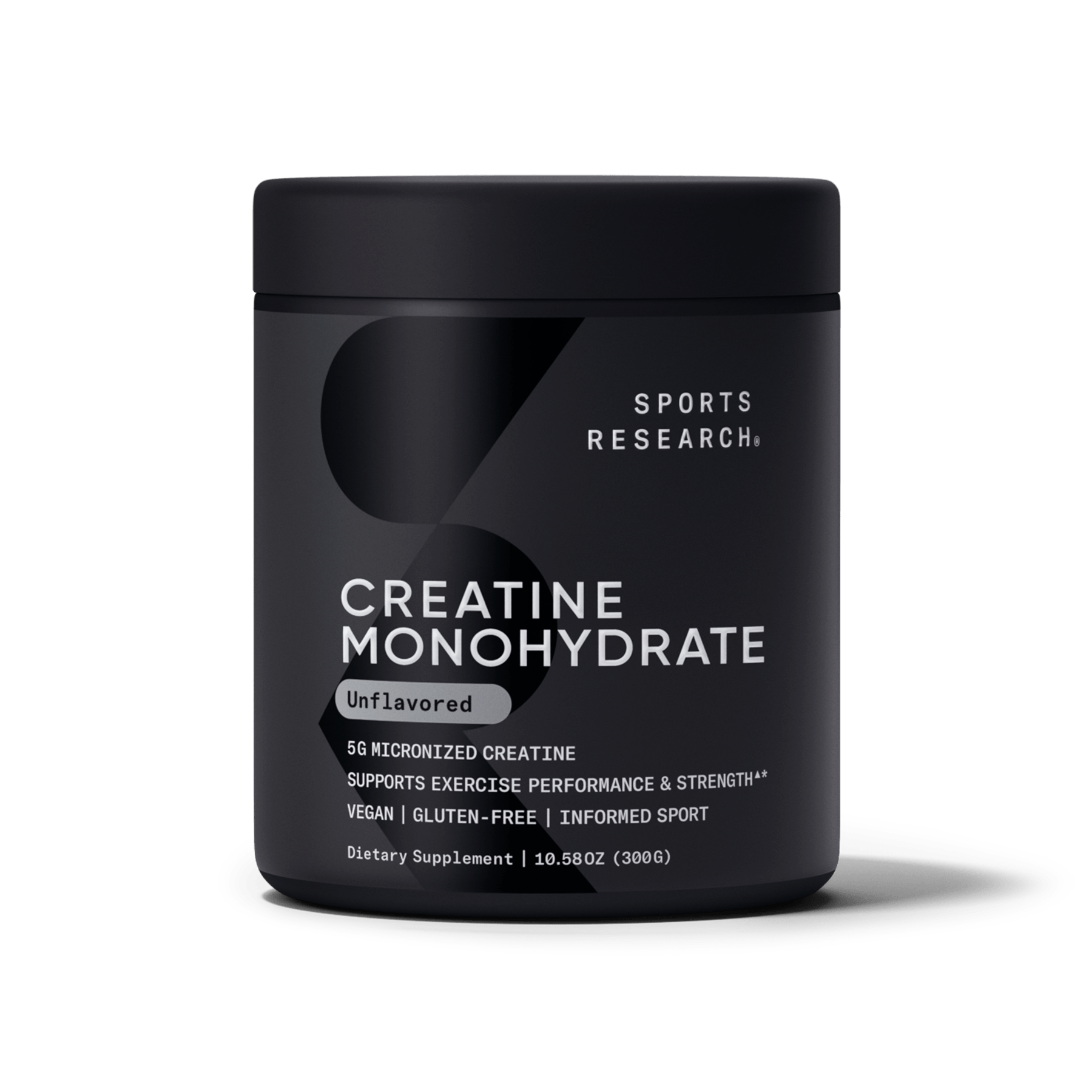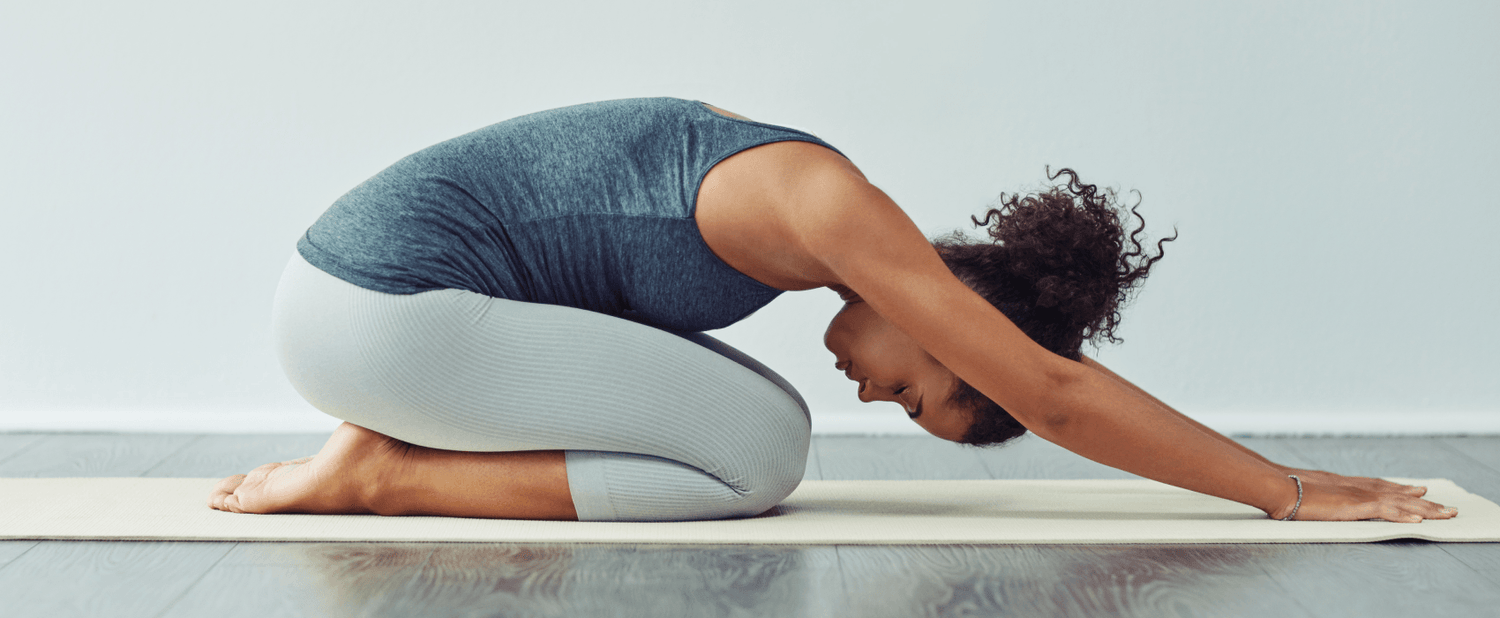“We are what we repeatedly do. Excellence, then, is not an act, but a habit.” – Aristotle
Embarking on a journey towards better health and well-being doesn't always require grand gestures or life-altering changes. Sometimes, the most enduring transformations stem from small, everyday habits. In this exploration, we'll delve into how you can create significant impacts on your health with minor, manageable adjustments in your daily routine.
The Power of Habit in Daily Life
Habits are the invisible architecture of our lives. Roughly 40 percent of our daily actions are habits; these are the small choices we make and actions we perform every day without much thought. The beauty of this automaticity is that it frees up our brains to focus on more complex tasks, but it also means our habits heavily dictate our health and happiness.
The science behind habit formation reveals that habits, good or bad, form through a simple loop: cue, routine, reward. Understanding this loop empowers us to replace unhelpful habits with beneficial ones. This is where the idea of 'micro-habits' comes into play – small, manageable changes that are easy to incorporate into your daily routine.
Nutritional Habits for Optimal Health
Nutrition is a cornerstone of health, and small tweaks can yield substantial benefits:
Healthy Breakfast: It’s the first step towards a day filled with good decisions. Begin with a nutritious breakfast. This could be as simple as swapping your sugary cereal for oatmeal topped with fruits. Opt for a breakfast rich in fiber and protein, like whole-grain toast with avocado or a smoothie with spinach, berries, and Greek yogurt.
Smart Snacking: Snacking isn't inherently bad; it's about what and how you snack. Choose almonds over cookies, or carrot sticks with hummus instead of potato chips. These choices are not just about reducing calories; they're about enriching your body with nutrients.
Hydration: Dehydration can masquerade as hunger. Keeping a water bottle handy encourages you to drink more water, helping you avoid unnecessary snacking and keeping your body well-hydrated.
Mindful Eating: This practice involves eating slowly, savoring each bite, and listening to your body’s cues. It's about enjoying your food and recognizing when you're full to avoid overeating.
Physical Activity: Small Steps to a More Active Lifestyle
In our quest for better health, it's important to remember that physical activity is a cornerstone of well-being. However, this doesn't necessarily mean dedicating hours at the gym or engaging in high-intensity workouts. Incorporating simple, achievable forms of movement into our daily lives can have a profound impact on our health.
Integrating Movement
The key to integrating more movement into your day is to find opportunities within your existing routines. Here are a few easy ways:
Brisk Walking: A brisk walk, especially during a lunch break, is a great way to invigorate the body and mind. This can help improve cardiovascular health, boost mood and mental clarity, and aid in weight management. Even a 10-minute walk can make a difference, so consider walking to nearby destinations instead of driving.
Using a Standing Desk: For those of us with desk jobs, prolonged sitting can be detrimental to our health. Using a standing desk, or even improvising with a high table, can help reduce the risks associated with prolonged sitting, such as heart disease and obesity. Standing periodically throughout the day helps improve posture, increase energy levels, and can even boost productivity.
Light Stretching: Incorporating light stretching into your daily routine is a simple yet effective way to keep your body agile. Stretching can be done almost anywhere and requires no special equipment. It helps in loosening tight muscles, which is particularly important for those who sit for long periods. Stretching is also beneficial in reducing the risk of injuries and can be a calming activity, reducing mental stress.
Benefits of Stretching
Stretching is often overlooked but is an integral part of maintaining physical health. Regular stretching routines offer multiple benefits:
Improves Flexibility: Increased flexibility enhances your range of motion, making everyday activities easier and more enjoyable.
Reduces Stress: Stretching exercises can be incredibly relaxing. As you stretch, focus on mindfulness and deep breathing to help reduce overall stress levels.
Aids Digestion: Gentle stretching can stimulate the digestive organs, improving the efficiency of the digestive process. This can be especially beneficial for those who sit for extended periods.
Improves Posture: Regular stretching can help correct poor posture, which is often a result of sitting hunched over a desk. Improved posture contributes to a better appearance and reduced back and neck pain.
Incorporating a 10-minute stretching routine into your morning or evening ritual can be a game-changer. It's a small investment of time for significant health benefits, including increased muscle control, enhanced athletic performance, and a greater sense of physical and mental balance.
Taking the Stairs
One of the simplest yet most effective ways to incorporate more physical activity into your day is to opt for the stairs instead of an elevator. This easy switch has several benefits:
Boosts Cardiovascular Health: Climbing stairs is a great cardiovascular exercise. It increases heart rate and oxygen consumption, helping to strengthen the heart and lungs.
Strengthens Muscles: Regularly taking the stairs can lead to stronger leg muscles, improving overall strength and endurance.
Burns Calories: Stair climbing is a surprisingly effective way to burn calories. It's a higher intensity exercise compared to walking, leading to higher energy expenditure.
Convenient and Time-Efficient: Using the stairs doesn't require setting aside special time or changing into workout clothes. It's an efficient way to incorporate exercise into your daily routine.
Integrating these small forms of physical activity into your daily life can contribute significantly to your overall health. Remember, the goal is to find sustainable, enjoyable ways to move your body, reaping the benefits of an active lifestyle without feeling overwhelmed or pressured. Whether it’s a short walk, a stretching session, or choosing the stairs, every step counts towards a healthier, more vibrant you.
Mental Well-being and Relaxation Habits
Mental health is as crucial to your well-being as physical health:
Mindfulness and Meditation: These practices help with managing stress, improving focus, and fostering a general sense of well-being. Just a few minutes a day can make a significant difference.
Digital Detox: Reducing screen time, especially before bed, can improve sleep quality and mental clarity. Try replacing evening screen time with a book or a relaxing hobby.
Gratitude Journaling: Regularly writing down what you're grateful for can enhance your mood, give you a greater sense of contentment, and change your overall outlook on life.
Sleep Hygiene: Cultivating Habits for Restorative Sleep
Quality sleep is a pillar of health. Consider these tips for better sleep:
Bedtime Routine: A consistent pre-sleep routine signals your body that it's time to wind down. This could include reading, gentle yoga, or a warm bath.
Bedroom Environment: Create an environment conducive to sleep - cool, dark, and quiet. Consider blackout curtains, earplugs, or a white noise machine if needed.
Unwinding Techniques: Practices like deep breathing or progressive muscle relaxation can facilitate the transition into a restful sleep.
Community and Social Health
Even our social interactions play a critical role in our overall health:
Social Connections: Make it a habit to reach out to someone daily. Even a brief interaction can boost your mood and foster a sense of belonging.
Building Healthy Relationships: Cultivating supportive relationships is crucial for emotional well-being. This might mean setting boundaries, investing time in meaningful conversations, or engaging in shared activities.
Personal Care and Self-Compassion
Self-care and compassion are additional pieces of the puzzle that help promote mental and physical health:
Regular Self-Care: Dedicate time for activities that rejuvenate you - whether it's a hobby, exercise, or simply quiet time alone.
Practicing Self-Compassion: Treat yourself with kindness and understanding. Remember, it's okay to have off days; what matters is how you respond to them.
Sustainable Health Changes
For lasting impact, it's important to adopt sustainable changes. Don’t tackle too many changes at once. The best changes that you can make are the ones you can sustain. Remember, slow and steady wins the race:
One by one: To help your health habits stick, try focusing on one small habit at a time. Consistency is key.
Be Flexible: Different lifestyles necessitate different adaptations. Be open to modifying habits to better suit your lifestyle and needs. Find what works for you and run with it!
Conclusion
In the quest for optimal health, remember that it's the small, consistent changes that make the biggest impact over time. Whether it's choosing a healthier snack, taking the stairs, or practicing mindfulness, each small step is a leap towards a healthier, happier you.






